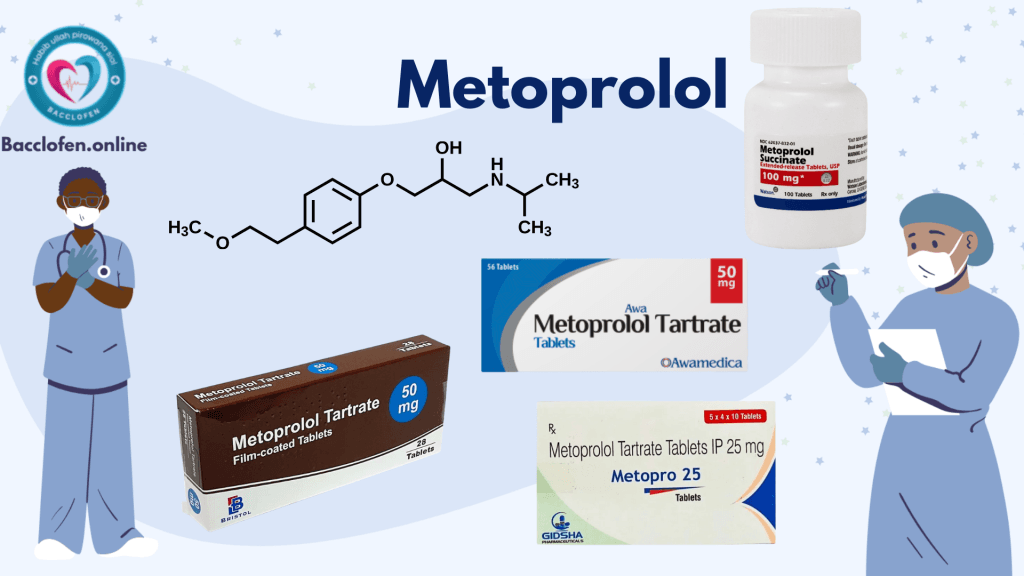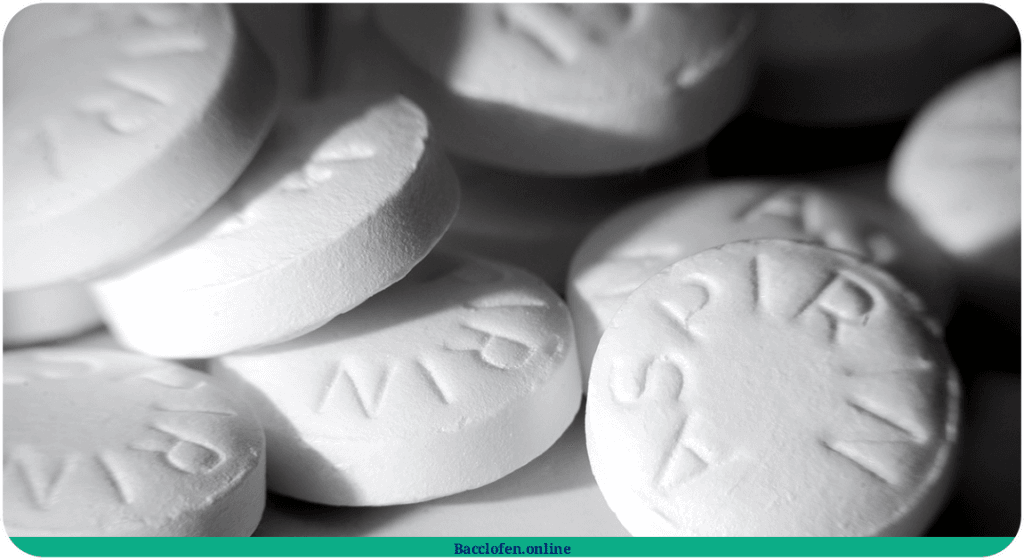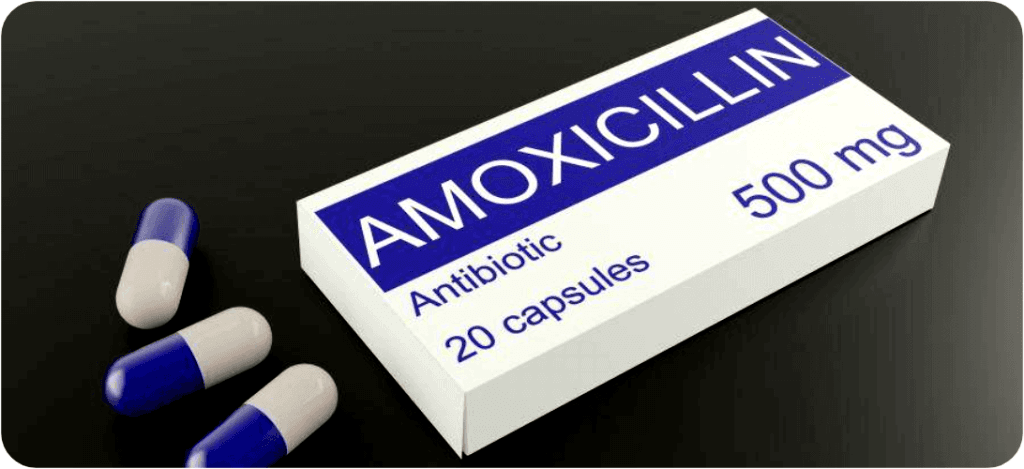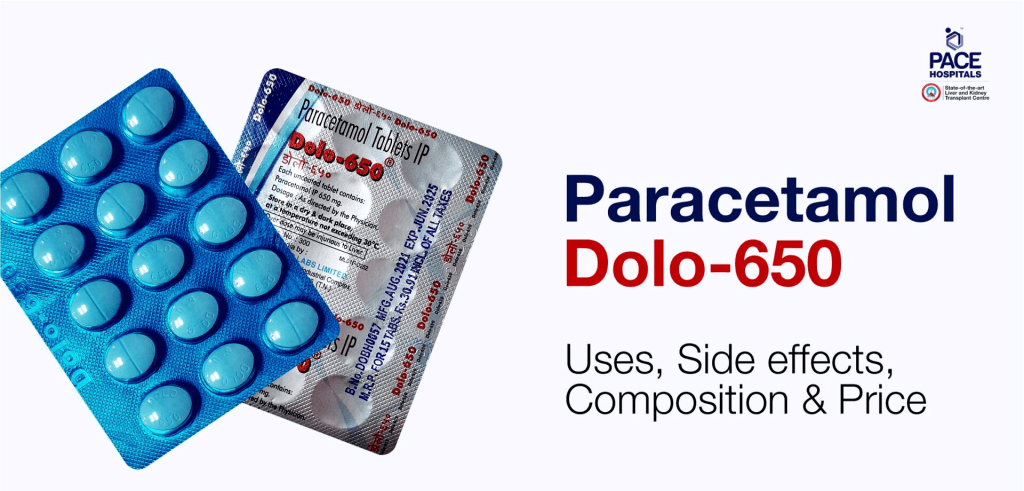Metoprolol is a beta-blocker widely used to manage various cardiovascular conditions. By slowing the heart rate and reducing the heart’s workload, metoprolol plays a crucial role in treating hypertension, angina, and other heart-related disorders. It is available in different formulations, including immediate-release and extended-release tablets, offering flexibility in its therapeutic use.
This guide provides an in-depth look at metoprolol, including its uses, benefits, dosage guidelines, potential side effects, and precautions.
What is Metoprolol?
Metoprolol belongs to a class of medications known as beta-blockers. It works by blocking beta-adrenergic receptors in the heart and blood vessels, leading to decreased heart rate and blood pressure. This mechanism helps improve heart efficiency and reduces strain on the cardiovascular system.
Metoprolol is commonly sold under brand names like Lopressor (immediate-release) and Toprol-XL (extended-release). It is prescribed for both acute and long-term management of heart conditions.
Uses of Metoprolol
Metoprolol is effective in treating a variety of cardiovascular conditions, including:
1. Hypertension (High Blood Pressure)
- Lowers blood pressure by reducing the heart rate and relaxing blood vessels.
2. Angina Pectoris (Chest Pain)
- Decreases the frequency and severity of chest pain caused by reduced blood flow to the heart.
3. Heart Failure
- Improves survival rates and reduces hospitalizations in patients with chronic heart failure.
4. Post-Heart Attack (Myocardial Infarction)
- Prevents further cardiac events by stabilizing the heart’s activity.
5. Arrhythmias
- Controls abnormal heart rhythms, such as atrial fibrillation or tachycardia.
6. Migraine Prevention
- Off-label use for reducing the frequency and intensity of migraines.
Benefits of Metoprolol
Metoprolol offers several advantages in managing cardiovascular and related conditions:
1. Proven Effectiveness
- Extensive clinical studies have demonstrated its efficacy in reducing morbidity and mortality in heart disease patients.
2. Flexible Dosing Options
- Available in immediate-release and extended-release forms to suit individual patient needs.
3. Long-Term Cardiovascular Protection
- Reduces the risk of heart attacks, strokes, and other complications.
4. Symptom Control
- Alleviates symptoms such as palpitations, chest pain, and shortness of breath.
5. Widely Studied and Well-Tolerated
- A reliable choice with a well-documented safety profile.
Dosage and Administration
The dosage of metoprolol depends on the condition being treated and the patient’s response:
For Hypertension:
- Immediate-Release: 100–200 mg daily, divided into 2 doses.
- Extended-Release: 25–100 mg once daily, adjusted based on response.
For Angina:
- Immediate-Release: 50–100 mg twice daily.
- Extended-Release: 100–400 mg once daily.
For Heart Failure:
- Start with a low dose (e.g., 12.5–25 mg once daily) and gradually increase to the target dose of 200 mg daily.
For Post-Heart Attack:
- Initial intravenous dosing, followed by 25–50 mg orally every 6–12 hours, transitioning to maintenance therapy of 100–200 mg daily.
Potential Side Effects
Like all medications, metoprolol can cause side effects. These vary in severity and frequency:
Common Side Effects:
- Fatigue
- Dizziness
- Slow heart rate (bradycardia)
- Cold hands and feet
- Digestive issues, such as nausea or diarrhea
Serious Side Effects:
- Severe Bradycardia:
- Extremely slow heart rate, which can lead to fainting or dizziness.
- Hypotension:
- Excessively low blood pressure, causing lightheadedness or fainting.
- Worsening Heart Failure:
- In rare cases, symptoms may initially worsen before improving.
- Bronchospasm:
- Difficulty breathing, particularly in patients with asthma or chronic obstructive pulmonary disease (COPD).
Precautions and Warnings
To ensure safe use of metoprolol, consider the following precautions:
1. Do Not Abruptly Discontinue
- Sudden withdrawal can lead to rebound hypertension, angina, or heart attacks. Gradually taper under medical supervision.
2. Monitor Underlying Conditions
- Use with caution in patients with asthma, diabetes, or peripheral vascular disease.
3. Drug Interactions
- Potential interactions with:
- Calcium Channel Blockers: Risk of excessive heart rate reduction.
- Antiarrhythmics: Increased risk of bradycardia.
- NSAIDs: May reduce the antihypertensive effect.
4. Pregnancy and Breastfeeding
- Use only if clearly necessary, as metoprolol can cross the placenta and may be excreted in breast milk.
5. Renal and Hepatic Impairment
- Dose adjustments may be required in patients with kidney or liver dysfunction.

Tips for Optimal Use
- Take Consistently:
- Adhere to the prescribed schedule to maintain stable blood levels.
- Avoid Alcohol:
- Alcohol can enhance the sedative effects of metoprolol and worsen side effects.
- Monitor Blood Pressure and Heart Rate:
- Regularly check vital signs to ensure the medication is working effectively.
- Report New Symptoms:
- Inform your healthcare provider of any unusual or severe side effects.
- Adopt a Healthy Lifestyle:
- Combine metoprolol with a balanced diet, regular exercise, and stress management for optimal cardiovascular health.
Conclusion
Metoprolol is a cornerstone in the management of cardiovascular conditions, offering reliable relief and long-term protection against complications. Its versatility in treating hypertension, angina, and heart failure makes it a valuable tool in modern medicine.
By following prescribed guidelines, monitoring for side effects, and maintaining open communication with healthcare providers, patients can maximize the benefits of metoprolol while minimizing risks. Whether used for acute management or long-term therapy, metoprolol remains an essential medication in promoting heart health and improving quality of life.


